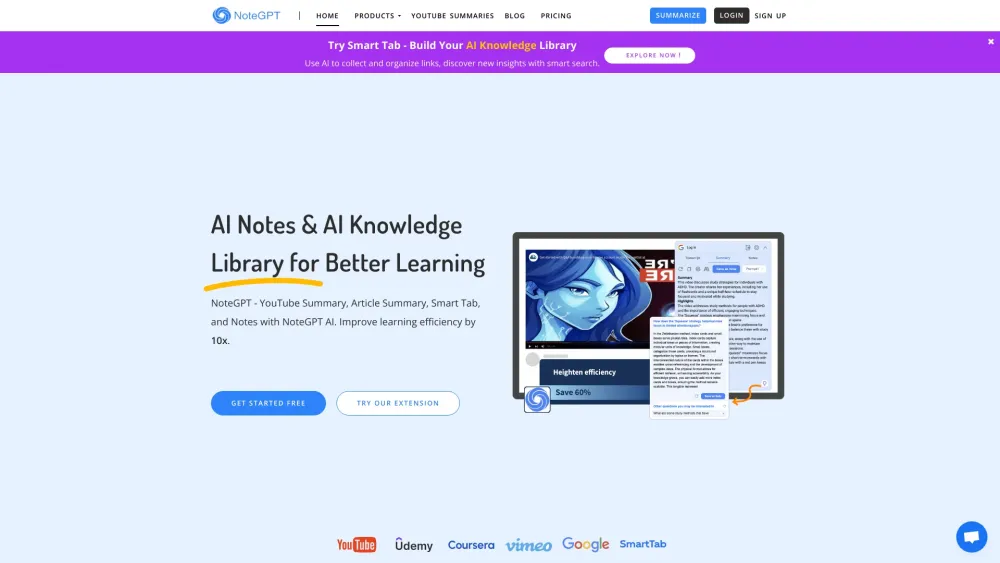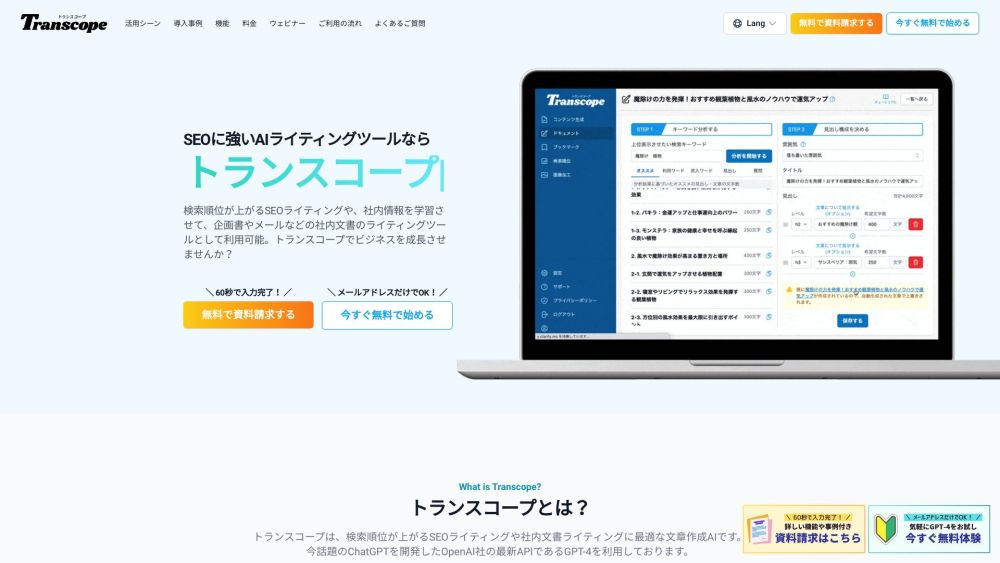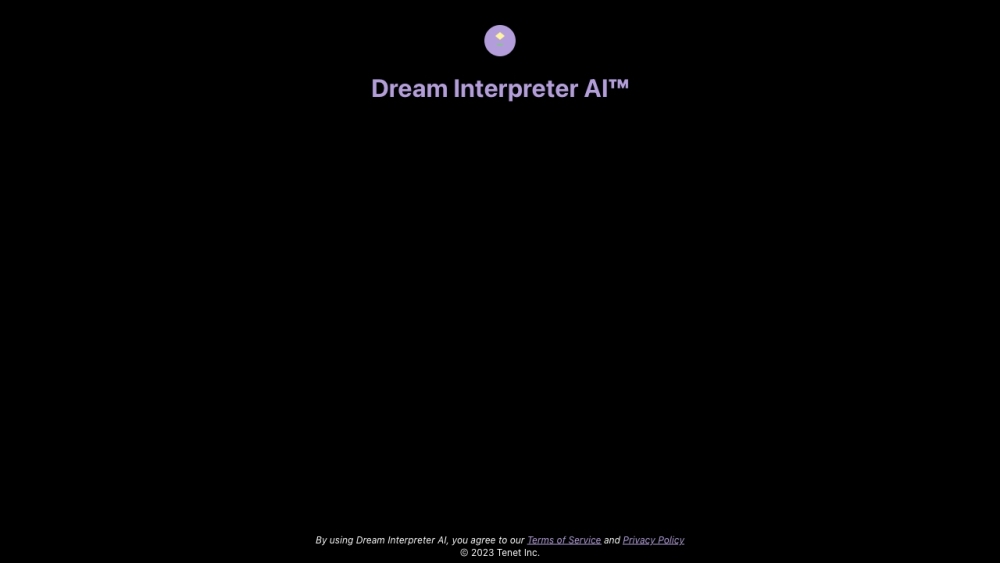Over 3 billion people around the world depend on both wild-caught and farmed seafood for their protein needs. Recent reports indicate that global aquaculture production has reached all-time highs, with 89% of aquatic animal production designated for direct human consumption. This trend underscores the rising demand for aquatic foods and highlights the innovative role of startups leveraging AI technology to boost aquaculture farming practices for improved sustainability and efficiency.
One notable player in this space is Wittaya Aqua, a Canada-based startup that has developed a data-driven platform enabling seafood farmers to integrate diverse data points from the seafood supply chain. This approach not only enhances profitability but also promotes sustainability. Recently, Wittaya Aqua secured $2.8 million in seed funding to advance its feed-to-farm platform and extend its reach into Asia, the leading global region for aquaculture, following its entry into Singapore in 2023.
Founded in Canada, Wittaya Aqua has global aspirations, with Asia being pivotal to its growth strategy. “The region leads the world in aquaculture production and comprises a significant share of seafood supply,” stated Evan Hall, co-founder and CEO. “Despite high production levels in Southeast Asia, there remains substantial potential for improvement through data-driven approaches.”
While numerous countries engage in aquaculture, the field is primarily dominated by China, Indonesia, Vietnam, Bangladesh, and South Korea, which rank as the top five producers.
Wittaya Aqua’s platform utilizes AI and machine learning to refine science-based models, predict animal growth, and recommend optimal feed types and quantities through real-time data analytics. By analyzing historical data and environmental variables, its algorithms offer strategies aimed at maximizing crop yields.
Holistic integration of aquaculture data has long been a challenge due to fragmentation, slowing decision-making processes. Hall, a wildlife conservation photographer, and co-founder Dominique Bureau, a professor of animal nutrition and aquaculture at the University of Guelph, recognized this issue when they launched Wittaya Aqua in 2017. Hall’s background as a fisheries biologist revealed the inefficiencies of tracking data manually, which further fueled their mission.
Wittaya Aqua confronts the industry's silos by centralizing data from farmers, feed mills, and ingredient suppliers into a unified platform. This transparency empowers users to make informed decisions across the entire supply chain. "A farmer can directly observe the impact of their feed selection on growth rates and benchmark against industry standards,” Hall explained. “Likewise, feed mills can evaluate their feed performance across diverse farms, tailoring strategies to meet specific client needs."
Wittaya’s diverse clientele includes ingredient suppliers, feed mills, and farmers. Presently in the revenue-generation phase, the startup has acquired customers such as BioMar, De Heus, Uni-President, the US Soybean Export Council, and Temasek Lifesciences Laboratory, among others.
According to a report by Precedence Research, the global aquaculture market is expected to grow from $299 billion in 2023 to $355.6 billion by 2033.
Wittaya Aqua competes with various farm management solution providers, including Fieldin, Taranis, eFishery, Victory Farms, Atarraya, and AquaEasy. What distinguishes Wittaya from its competitors is its unique integration of nutritional insights with field performance data. This approach allows the company to model the effects of various feed ingredients on animal growth—something that sets it apart in the industry. Furthermore, Wittaya’s platform accommodates multiple species across various regions, ranging from popular farmed species like salmon and shrimp to less conventional ones like grouper and snapper.
Looking ahead, Wittaya Aqua aims to enhance the financial stability of farmers through a two-pronged strategy: first, by alleviating perceived credit and insurance risks associated with production mortality through robust data insights, and second, by connecting users with lenders and insurers to provide tailored financial solutions.
The company currently employs a dedicated team of 16 staff members across Canada and Singapore.




